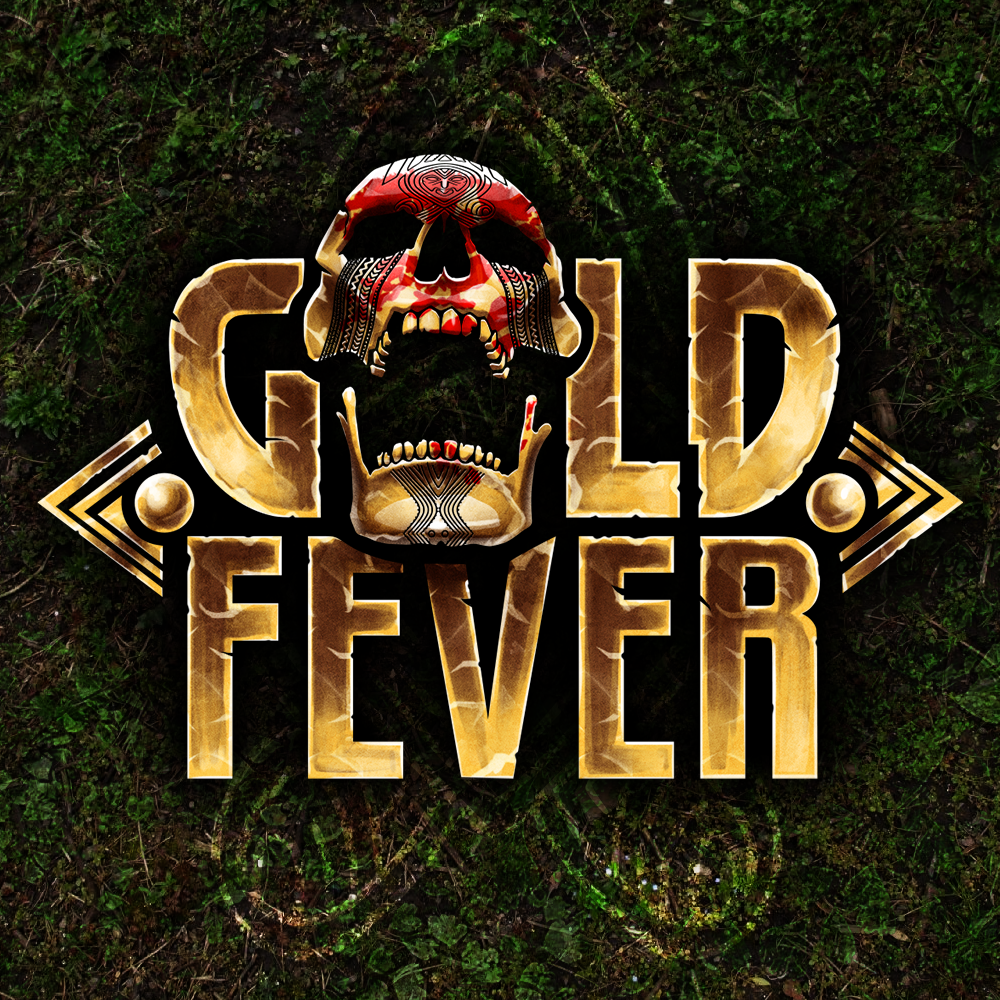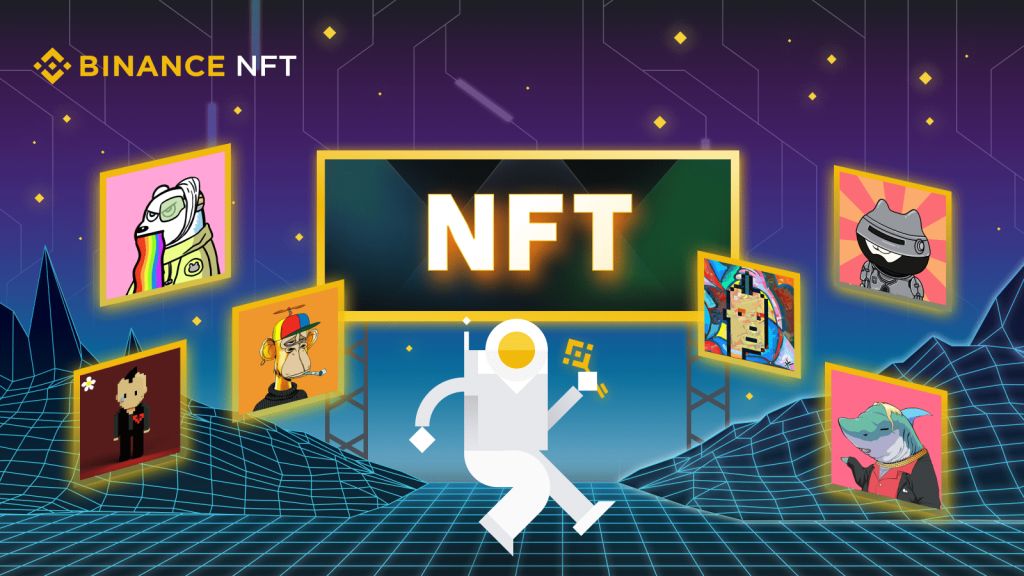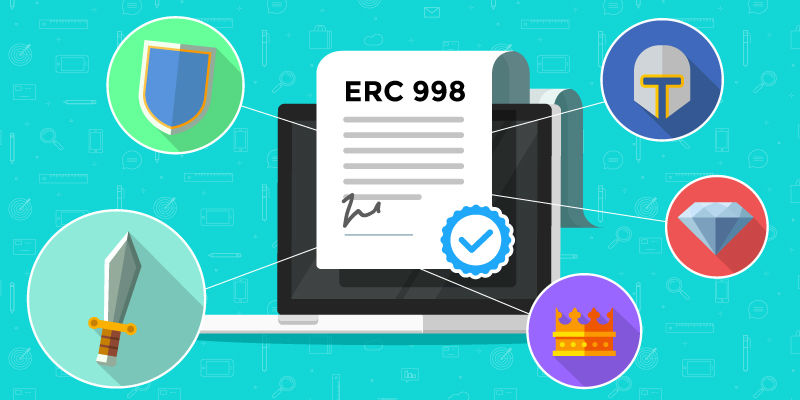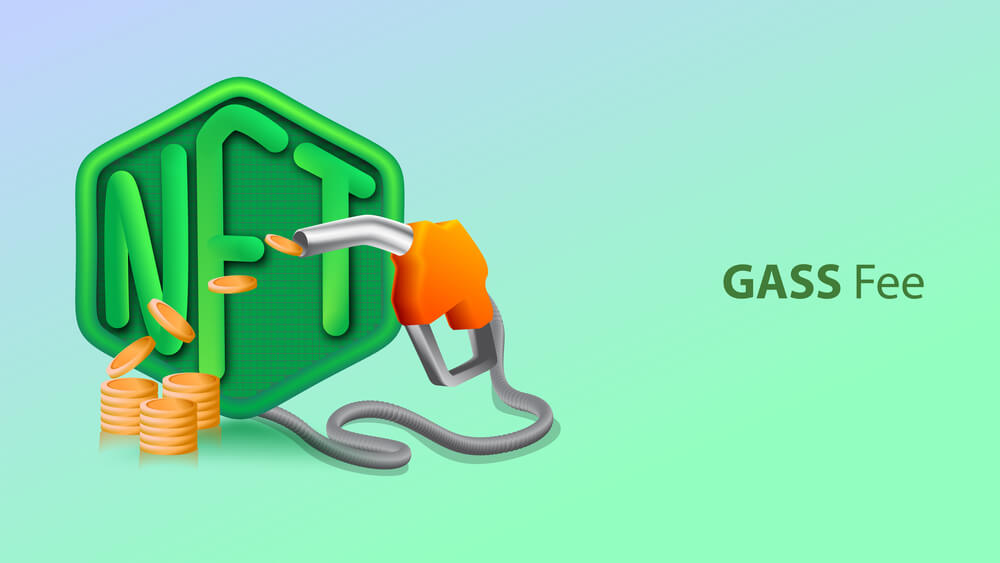A new survival MMORPG PvP lets players set up shop within the game and become an integral part of the entire blockchain economy.
The metaverse concept came up intending to offer humanity a better life within the digital space. Currently, video games have become a leading way to enter the metaverse since they offer the most active bridge that exists for physical and digital world interactions.
Notably, the same case goes for blockchain-based games, as the players who have tasted real ownership of digital assets flocked to the Web3 games. Available data indicates that more than 50% of the active blockchain wallets were utilized in the GameFi space in 2022.

As the blockchain gaming market keeps getting crowded, gamers start Expecting more from play-to-earn (P2E) games. Users put game enhancements as the top expectation for blockchain gaming in 2023. But, having a great game is not enough for gamers, either – another study showed that more than 51% of users participate in GameFi to make profits.
As a result, poorly designed game economies became the leading factor that affects GameFi profits.
Apart from an enjoyable gaming experience, blockchain games also have to deliver massive economies to meet the expectations of the ever-growing GameFi space. One possible solution came up in the form of commercial NFTs.
Believed to be the next step in the evolution of nonfungible tokens (NFTs) after digital art and collectibles, commercial NFTs integrate gaming, decentralized ownership, and utility to enable gamers to set up shop in a game’s economy. In the GameFi context, commercial NFTs enable the players to create real value for the game’s economy, making them business owners in the virtual space.
Gamers To Have In-game Shops
To achieve its full potential, commercial NFTs require a game economy that majorly rivals real life, and a forthcoming survival online RPG project strives to achieve all that by building a major and thriving economy in a blockchain game. Created by indie studio, DeFi Mechanics Lab, the growing free-to-play survival RPG Gold Fever is described as a “metalife” game where real life intersects with the metaverse.
The gamers will take up the role of adventurers of Gold Fever, exploring the wilderness to discover the gold claims and battle the hostile wildlife in the third-person gameplay. Apart from its captivating graphics and immersive gameplay, the game makes several use cases for NFT technology.
With commercial NFTs, the platform is changing gamers into owners of critical assets in the game world, hence answering the long-time issue of full ownership given to the players and the freedom to create and build a whole universe using skills, wits, and economic opportunities. The developer team explained:
“Gold Fever is not just a fun, good-looking game.”
They added that the project began with the ambition of delivering the best possible blockchain gaming experience:
“Powered by the blockchain and commercial NFTs, it gives players an extreme feeling of property and ownership. Using skills to fight for things with real-life value, losing your characters and ultimately providing a way for people to get wealthy is what crypto gaming should bring to the table, and Gold Fever does it.”
How Do Commercial NFTs Operate?
The blockchain-based economy in Gold Fever is powered by two pillars: the in-game currency NGL, the play-to-earn pillar, and commercial NFTs, which is the trading pillar. The NGL token has a familiar mechanic for P2E gamers: players can execute various activities within the game to earn it.
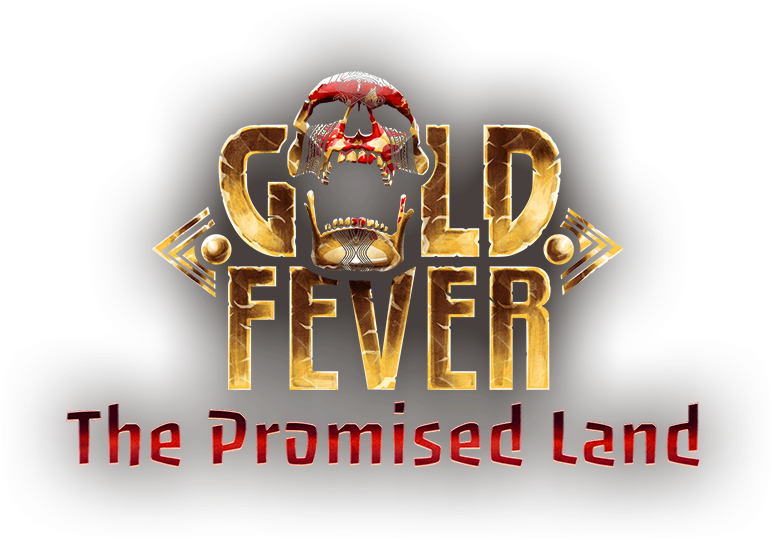
What now sets Gold Fever apart from the other games is the new concept of commercial NFTs. The game allows the players to launch their businesses from within its virtual world with commercial NFTs as the product, which brings the metaverse one step closer to real life.
In Gold Fever, gamers can own in-game businesses as commercial NFTs. The scope of commercial NFTs ranges from the transportation vehicles like carts, boats, and airplanes, to buildings like blacksmiths, bars, and hotels.
Any gamer who owns a commercial NFT becomes a business owner and hence is a part of the game economy effectively. The revenue that was generated through the operations of a particular business goes straight to the owner of the commercial NFT linked with the business.
The remote workplace trend triggered a massive shift in people’s perception of work-life since the pandemic spread extensively. Simultaneously, the metaverse is gradually but steadily becoming a reliable alternative to real-life offices.
As people seek new ways to establish businesses in the digital space, commercial NFTs have the potential to work as a gateway between real-life economies and the metaverse.

